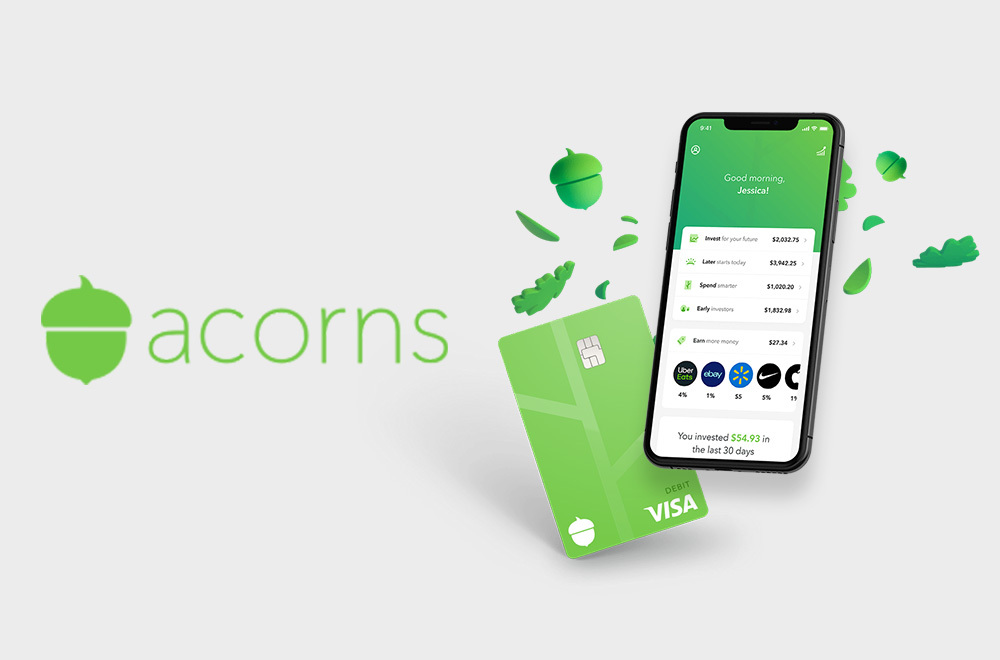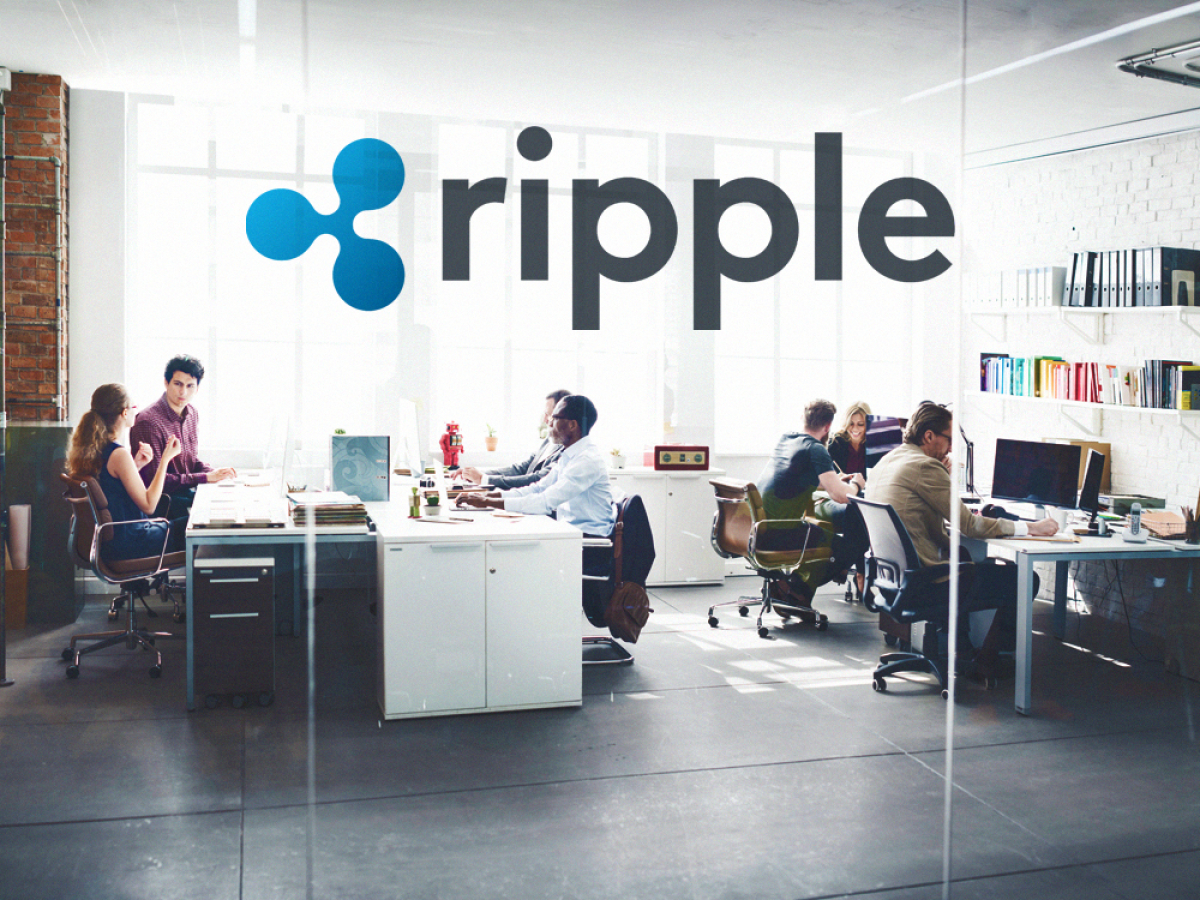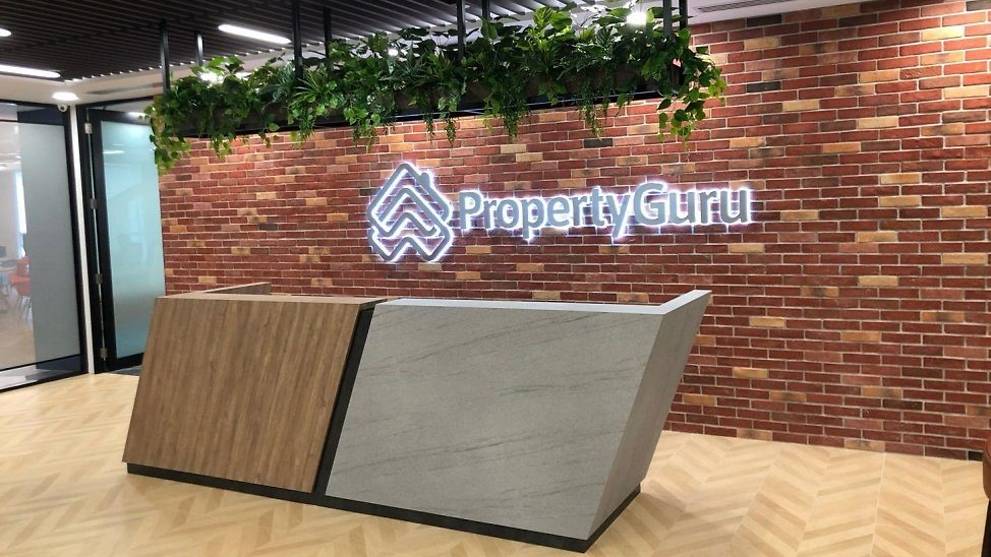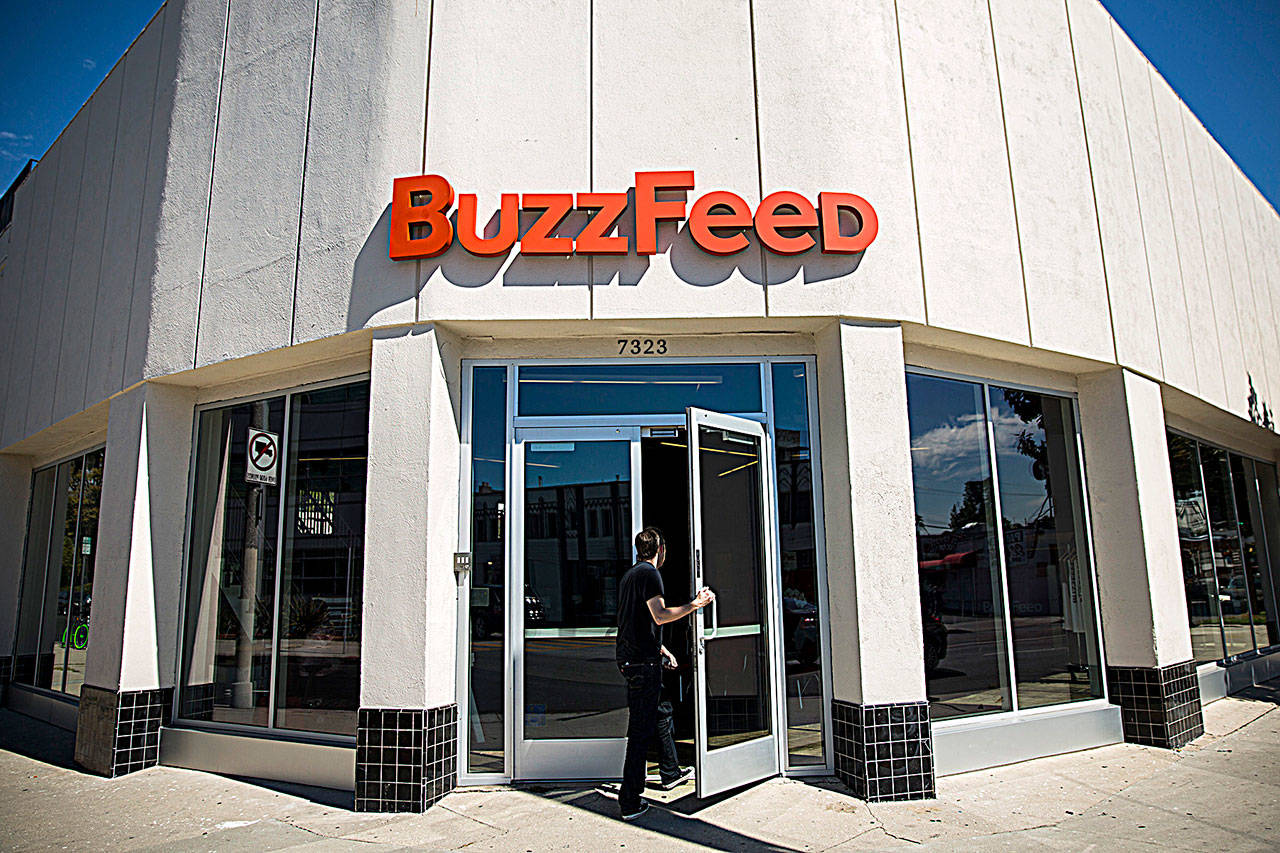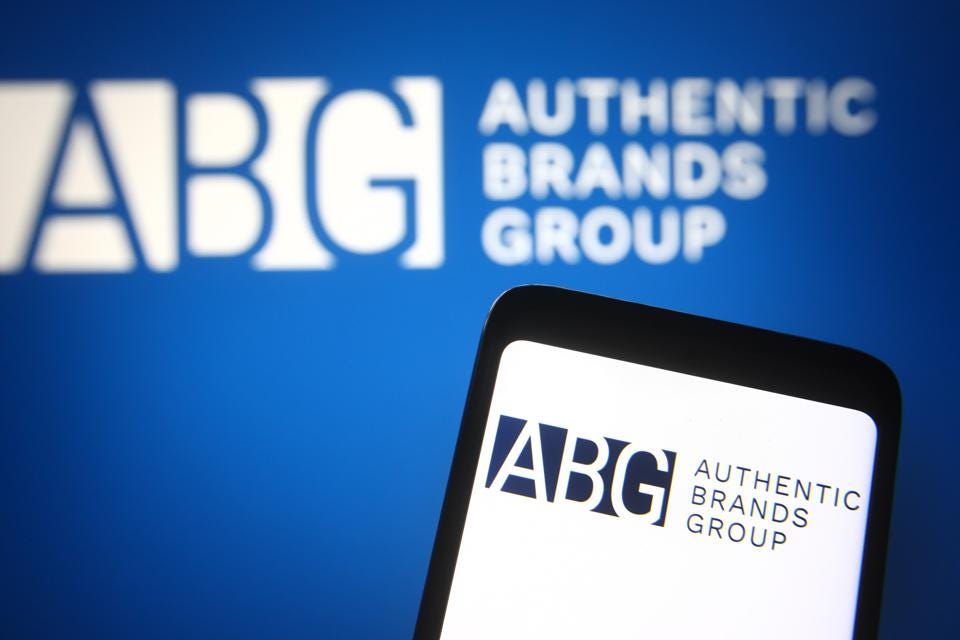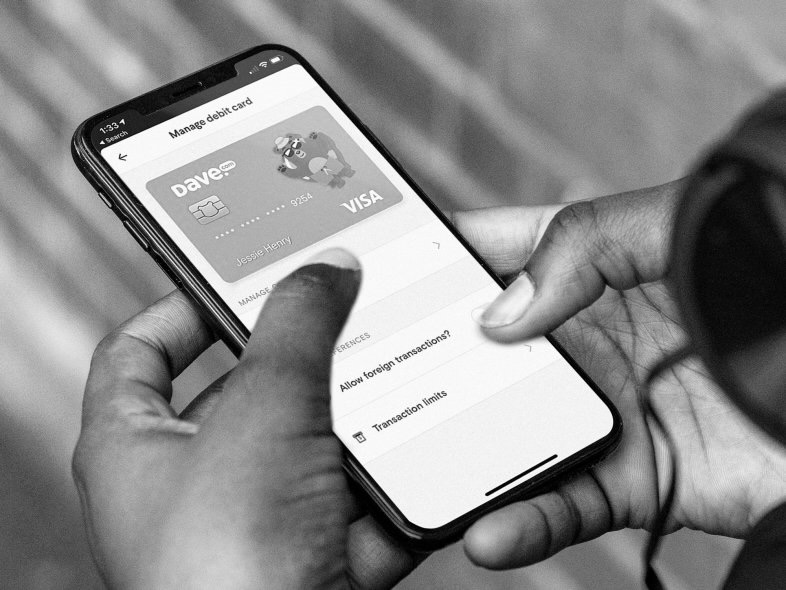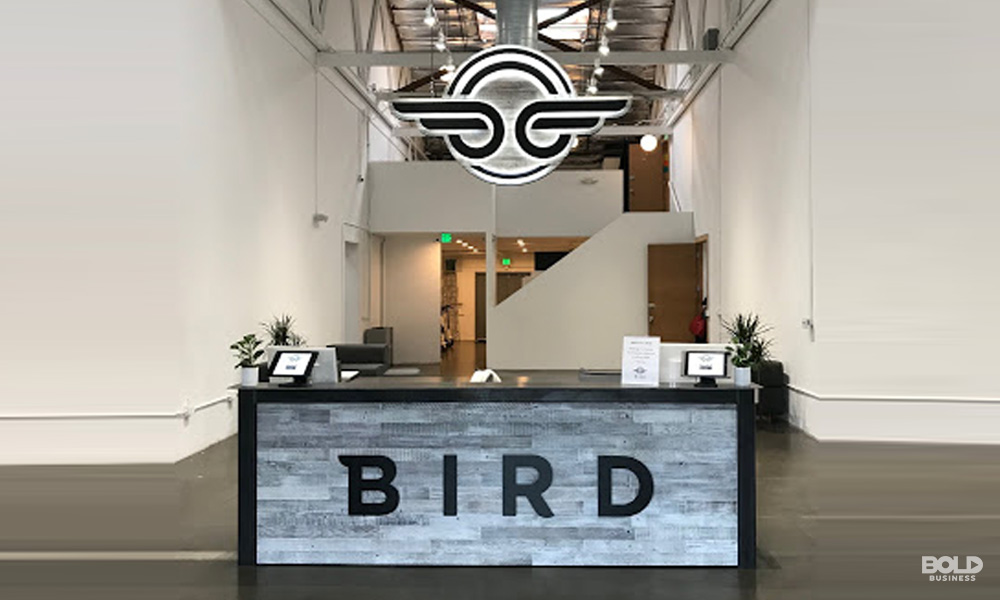Company description
Founded in 2012, Irvine, California-based Acorns has grown to become a leading micro-investing and robo-advising platform. Acorns founders Walter and Jeffrey Krattenden originally wanted to simplify the investment process in a way that would encourage the average American to save. The company’s innovative smartphone app works by investing small contributions made when purchases made with linked debit or credit cards are rounded to the nearest dollar into low-cost, diversified ETF portfolios. Acorns claims that only 1% of Americans in need of financial assistance have access to it, and that more than 70% do not have more than $ 1,000 in free cash. Acorns currently employs 260 people.
Growth drivers
Impressive growth rates. The business of the company has been showing growth throughout the years of operating activity. The global pandemic has increased customer interest in the Acorns platform. Thus, the number of users at the end of 2020 increased to 6.8 million compared to 4.2 million a year earlier. With the lockdown and recession, more and more users have turned to savings and have their own financial cushion plan. Acorns currently has 8.2 million customers and over $ 3 billion in assets under management.
Expansion of functionality. In 2017, Acorns acquired retirement savings company Vault to expand its retirement offerings. In 2021, the company acquired Harvest Platform to automate refunds and negotiate lower bank fees to support the Acorns Spend offering. Finally, in the same year, Acorns purchased the Pilar Life digital platform, enabling Acorn to offer data management to its customers.
Blackrock entered the capital. Acorns is the largest micro-investing company focusing on passive investors who would not otherwise have invested. The world’s largest asset management company, Blackrock, took over Acorns in May 2018 ($ 50 million deal) and announced a strategic partnership with the company. We highly appreciate this step, which indicates the high interest of the largest player in the industry in the field of microinvestment.
Valuation
With a clever focus on a target group of clients who are not informed about traditional investing, Acorns has experienced incredible growth and attracted a variety of investors in its early fundraising rounds. Acorns raised a total of $ 207 million over eleven funding rounds, according to Crunchbase. According to the results of the last round in April 2020, during which it raised $ 67 million, the company was valued at $ 1.1 billion. Acorns plans to go public through a merger with SPAC by Pioneer. The deal will be valued by the combined company at $ 2.2 billion, with more than $ 450 million in cash remaining on Acorns’ balance sheet, which is planned to be used to scale the company’s activities. According to the latest OTC deals on Forge Global, Acorns has a capitalization of $ 1.5 billion. Thus, the company continues to trade at a discount of almost 50% to the estimated indicative value after the merger with Pioneer. Acorns should go public in the first half of 2022.
Risks
Increased competition in the market. The closest competitors are Betterment, Robinhood, and Wealthfront.
The company is unprofitable in terms of net profit. Acorns expects to generate net income over the medium term.

